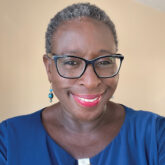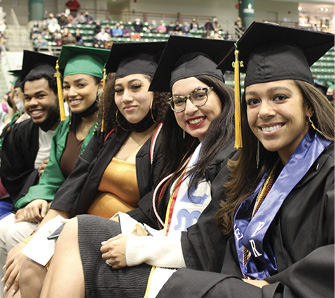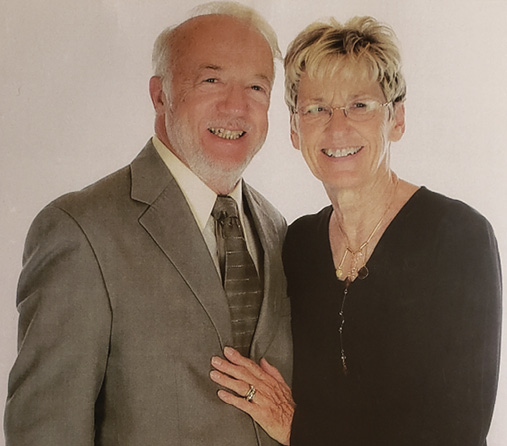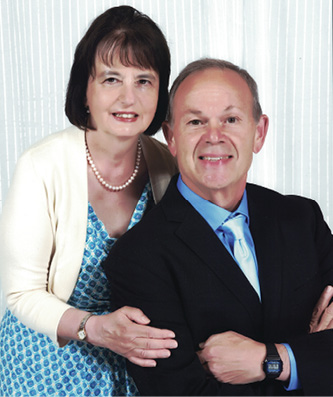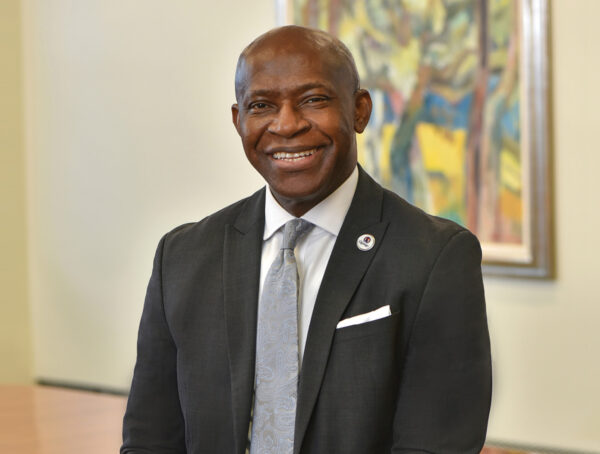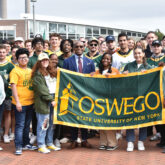More Valuable Than Gold
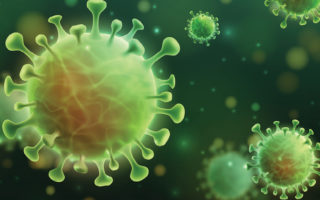 Higher education is a hotbed of innovation, with student and faculty researchers investigating solutions to the grand challenges of our times.
Higher education is a hotbed of innovation, with student and faculty researchers investigating solutions to the grand challenges of our times.
Some SUNY Oswego community members have focused their efforts on the immediate challenge facing the world right now—the COVID-19 pandemic.
SUNY Oswego Biochemistry Professor Kestutis Bendinskas and Chemistry Professor Julia Koeppe make up one of 12 student-faculty teams across SUNY’s 64 colleges who will receive up to $10,000 in seed funding from the SUNY Prepare Innovation and Internship Program for research on pandemic-related solutions.
The Oswego team will explore current reverse transcription-polymerase chain reaction-detection methods used in COVID-19 detection and determine if forward and reverse primers are affected by mutations known to date. Ultimately, they hope their work will improve the efficacy of detection.
“Mutations and evolutions of the SARS COV-2 virus may increase false positives/false negatives for current detection methods,” the researchers said. “This calls for the need to evolve the tools for virus detection.”
In addition, the project will give students hands-on research experience that has significant implications in the world.
“The grant will provide the opportunity for two undergraduate students to engage in innovative research, highlighting the continuing efforts by SUNY Oswego to provide high-impact learning experiences and faculty mentoring to our students,” President Deborah F. Stanley said. “Professors Bendinskas and Koeppe have significant experience working with students in this way, and we look forward to seeing this study progress.”
Another Oswego team—made up of students, faculty and recent alumni—participated in a weeklong bootcamp last summer the Institute for Quantitative Biomedicine at Rutgers University this summer.
SUNY Oswego students Emily Fingar ’21, Michael Kirsch ’21 and Charlotte Labrie-Cleary ’21 and recent graduates Ali Khan ’20 and Santiago Soto ’20 joined Professor Koeppe and researchers from across several institutions and disciplines.
Their research focused on the SARS-CoV-2 main protease (an enzyme that breaks down proteins into smaller units), which is essential for viral activity and a promising drug target. By understanding the differences in this protease resulting from the rapid evolution, researchers can move closer to developing an antiviral medicine to help COVID-19 patients.
“Students learned to work remotely (in Zoom and Zoom breakout rooms) with a group of their peers and a faculty mentor to study the structure and function of the main protease from the virus,” Koeppe said. Students learned about computer programs used to view macromolecules such as proteins and enzymes; key principles of bioinformatics, such as sequence alignments that can show the evolution of proteins; and computer programs that model protein folding to determine three-dimensional structures.
“At the end of the boot camp, all of the students gave a short presentation with their group members on some specific questions that they explored when looking at changes in the amino acid sequence of the SARS-CoV-2 protease and how they expected these changes would or would not affect the function of the protease,” Koeppe said.
You might also like
More from Featured Content
Vision for the Future
VISION for the Future Peter O. Nwosu began his tenure as the 11th president of SUNY Oswego, building on the solid …
Envisioning the Potential in All Students
ENVISIONING the Potential in All Students Educator donates $2 million in recognition of his Oswego education, in support of future teachers Frank …
A Vision of Support
A VISION of Support Award-winning principal makes an impact on her school through her positivity and commitment When Nicole Knapp Ey ’02 …
